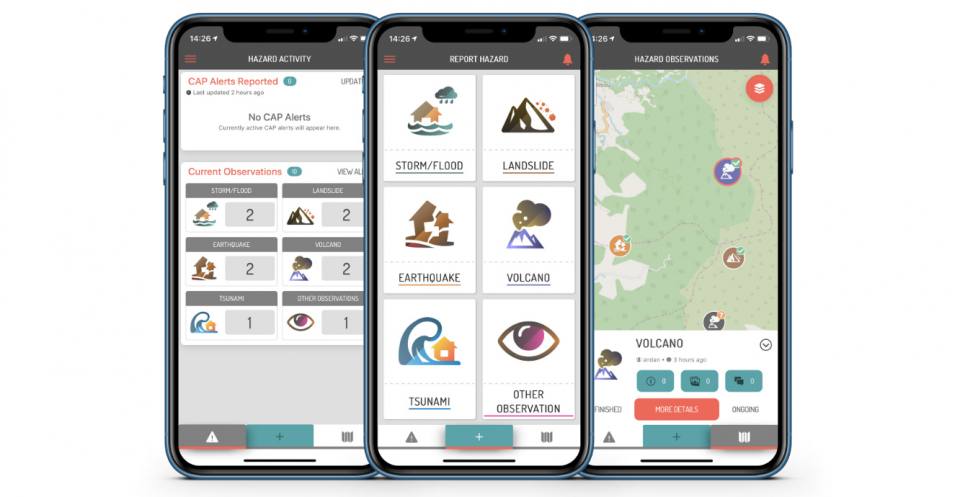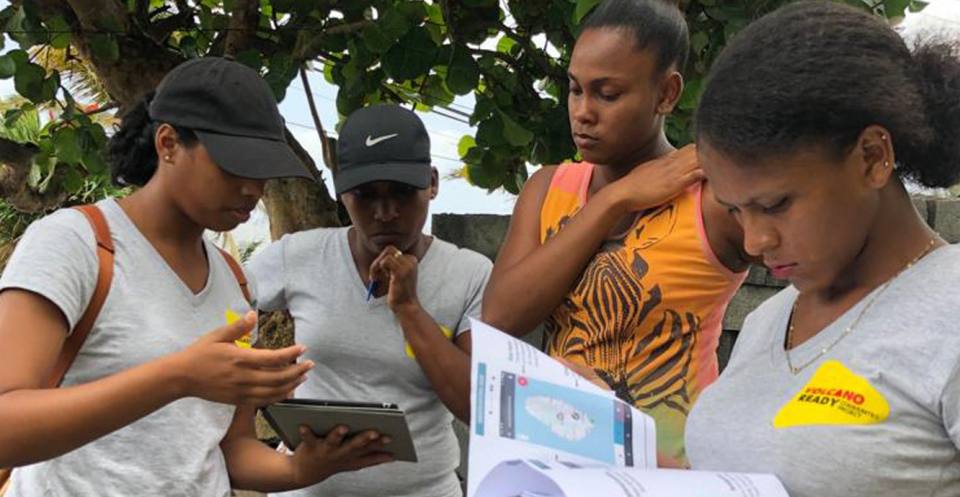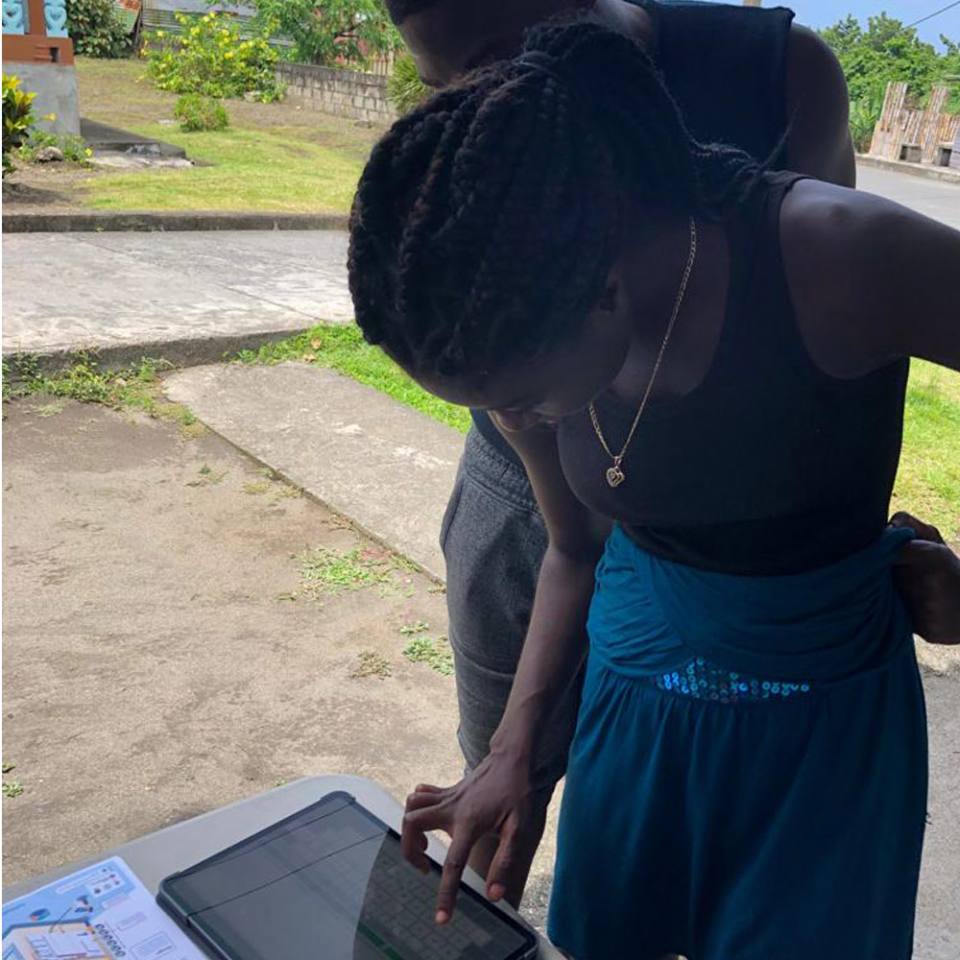Citizen science involves the participation of people from outside professional organisations in the collection or analysis of scientific data. A large evidence base exists of the positive contribution that a wide range of people have made to diverse scientific fields. In multi-hazard settings, citizen science can be an excellent way for people to develop a shared understanding of hazardous phenomena and for communities to contribute to hazard forecasting and early warning.
For example, people can record observations of hazardous phenomena through apps; collect data to identify trends, which may help with early warning (e.g. rainfall measurements), or contribute traditional knowledge of hazards. Ultimately, our research into citizen science shows us that it can help to develop new knowledge about hazards and support efforts to reduce risk.
Citizen science in action
We know from practice and research that working with communities at risk to observe and report environmental changes around them does help them to reduce their risk. At the Montserrat Volcano Observatory, BGS staff and researchers used observations and data collected by the public to understand trends in volcanic ash fall and its impacts, lava dome growth, ash venting, pyroclastic flow activity and lahar occurrence.
A research project called Strengthening Resilience in Volcanic Areas (STREVA) employed a range of methods across academic disciplines to help reduce risk by collaborating closely with communities and developing new knowledge about hazard and risk together.
Another project, entitled ‘Harnessing “citizen science” to reinforce resilience to environmental disasters: creating an evidence base and community of practice’ aimed to understand how citizen science is currently applied to disaster risk reduction (DRR) and how it might be more effectively applied in the future. Find out more about the project and read an open-access publication about citizen science for DRR projects all over the world and what makes them successful. The project also broadened the scope of what citizen science actually is.
While many people tend to associate citizen science with technology and crowdsourcing (for example using smartphone apps to send information), we are extending our vision of citizen science in our work beyond science and technology-led approaches to develop knowledge using methods from other disciplines, such as the social sciences, arts and humanities.
Current projects
We are currently involved in the myHAZ citizen science project to develop a mobile phone app to facilitate community monitoring and support decision making by authorities. We also previously developed the myVolcano app.
myVolcano
The myVolcano app was developed in response to the 2010 and 2011 Icelandic eruptions. The app was designed to collect observations of volcanic phenomena at any location worldwide, in particular trans-boundary hazards — those that cross international borders, such as volcanic ash and gases.
We are currently working with the EUROVOLC project to bring together citizen science tools from across the European volcanology community. A new web portal is being developed to provide a single point of access to data collected by several of these tools, including myVolcano, and enable users to submit their own observations of volcanic hazards.
myHAZ
myHAZ is a collaboration between the BGS, the National Emergency Management Organisation (NEMO) of St Vincent and the Grenadines and the University of the West Indies’ Seismic Research Centre, based in Trinidad and Tobago, to develop a multi-hazard citizen science app and decision support system for collecting and sharing observations of natural hazards and their effects in near real-time. The project was funded by the BGS’s Official Development Assistance (ODA) programme, under Research platform 3: global geological risk.
Relative topics
You may also be interested in
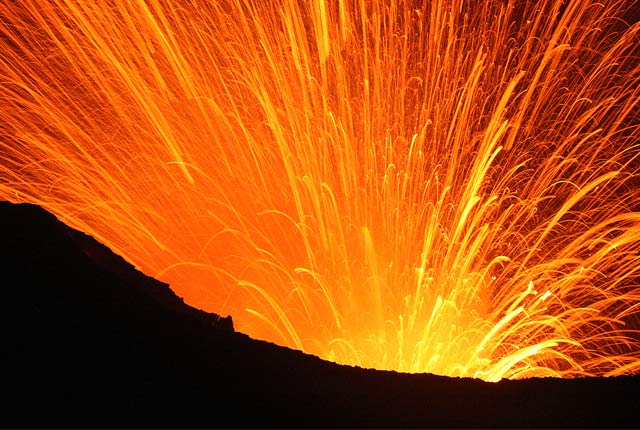
Volcanology
Our scientists lead research projects and work in partnerships around the world to improve our understanding of volcanic processes, hazards and risks.
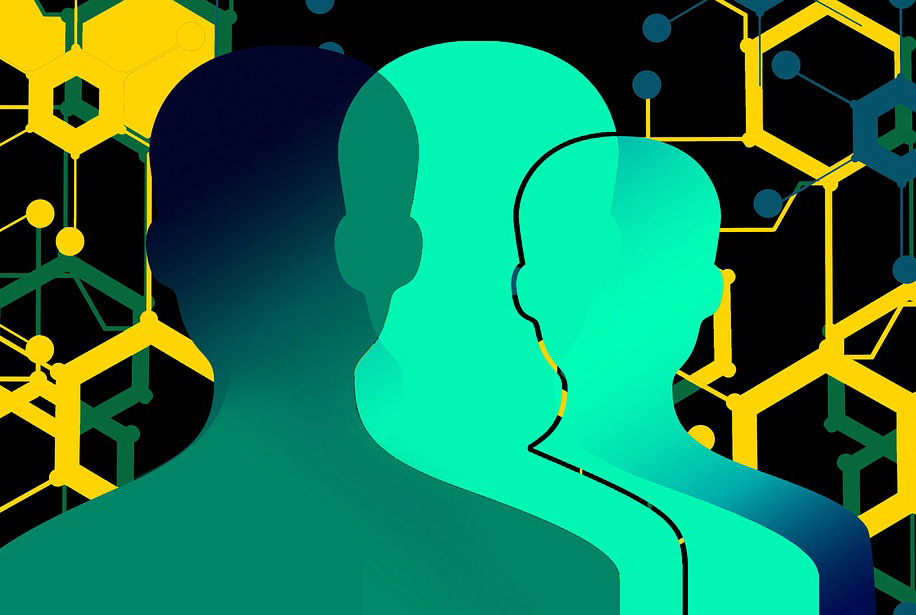
Citizen science
Allowing scientists to accomplish research objectives more readily than would otherwise be possible, using volunteers to perform research-related tasks.


